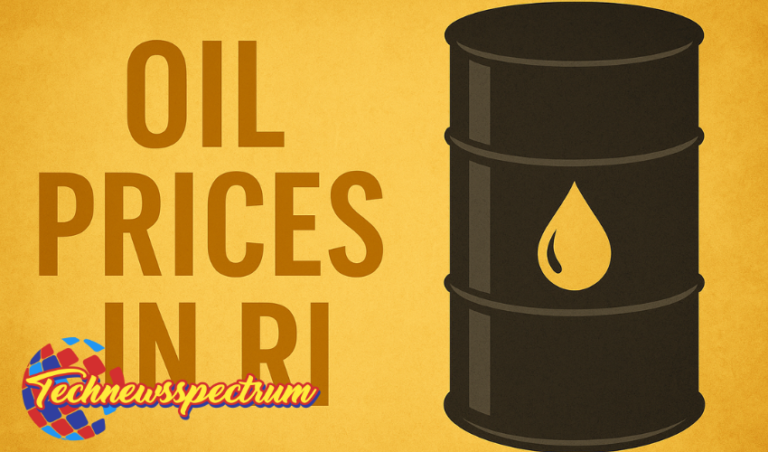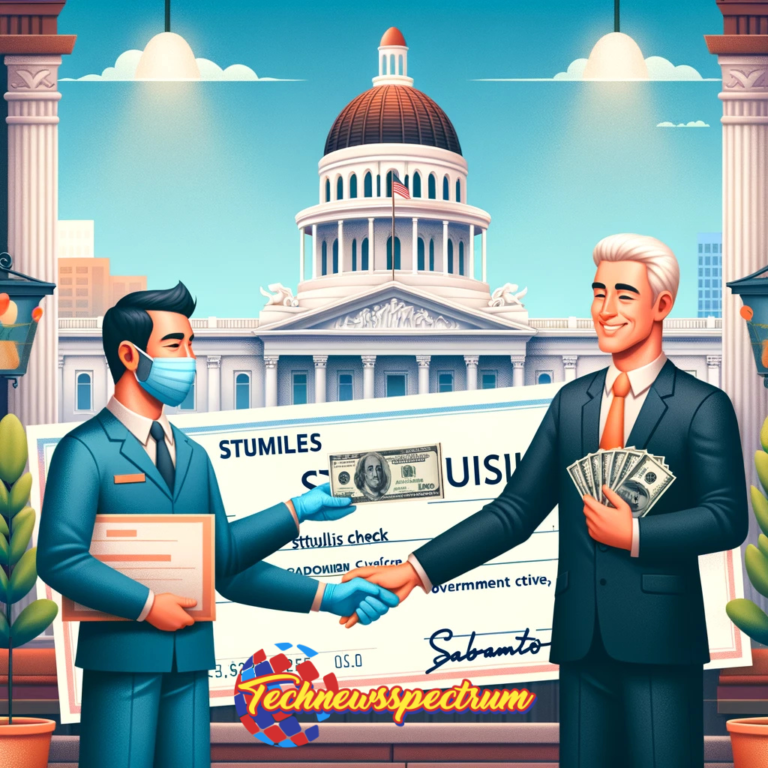Private Student Loan Debt Collection
Table Of Content
| Heading | Description |
| Introduction | Overview of private student loan debt collection |
| Understanding Private Student Loans | Core definitions |
| How Debt Collection Works | From missed payments to collection calls |
| Reasons Behind Rising Private Loan Defaults | Key contributing factors |
| The Legal Aspects of Private Loan Collections | Borrower rights and protections |
| Common Collection Practices You Must Know | Tactics and regulations |
| Benefits of Resolving Private Loan Collections Early | Advantages of prompt action |
| Disadvantages of Ignoring Collection Efforts | Hidden costs and risks |
| Steps to Take When Contacted by Collectors | Action plan |
| Negotiating Your Private Student Loan Debt | Strategies that work |
| Private Loan Settlement Options | What borrowers can expect |
| Navigating Lawsuits from Private Loan Lenders | Critical tips |
| How Collection Affects Your Credit Score | Long-term financial impact |
| When to Seek Legal Help | Recognizing the signs |
| FAQs | Answering important borrower questions |
| Conclusion | Final thoughts on handling private loan collections |
Introduction
Picture this: you’re eager to step into your future but an unexpected phone call about unpaid student loans pulls you back. Private student loan debt collection is a challenge thousands of Americans face each year, often feeling like a daunting maze of rules, demands and negotiations. If you’re trying to understand this complicated process, look no further—we’ve got you covered with a thorough exploration that leaves no stone unturned.

Understanding Private Student Loans
Private student loans, issued by banks, credit unions and private lenders, differ significantly from federal loans. Unlike government-backed loans, loans may have less flexible repayment options and stricter collection practices. It’s crucial to understand who holds your debt and what that entails for future communications and legal procedures.
How Debt Collection Works
Once a borrower misses multiple payments, lenders often transition the account to a third-party debt collector. These agencies may attempt multiple forms of contact—phone calls, letters and even emails. Unlocking knowledge about their methods helps borrowers stay prepared and assert their rights confidently.
Reasons Behind Rising Private Loan Defaults
Several factors contribute to soaring default rates:
- High Interest Rates: Leading to rapidly growing balances.
- Limited Repayment Options: Few hardship programs.
- Economic Instability: Job losses, wage stagnation.
- Aggressive Loan Terms: Some contracts are notoriously unforgiving.
There are a few considerations borrowers must weigh before signing any private loan agreement, as default risks are notably higher without federal protections.
The Legal Aspects of Private Loan Collections
It is important to consider that private lenders aren’t bound by the same forgiveness or income-driven repayment rules federal loans offer. However, borrowers are protected under the Fair Debt Collection Practices Act (FDCPA), which prohibits harassment, deception and unfair practices.
Thus, understanding your legal rights is vital in managing communications and disputes.
Common Collection Practices You Must Know
Debt collectors often:
- Call frequently (within legal limits)
- Send settlement offers
- Threaten legal action (sometimes legitimately, sometimes not)
Interestingly, it’s worth mentioning that not all collectors act ethically—some skirt legal lines, emphasizing why borrowers must remain vigilant.
Benefits of Resolving Private Loan Collections Early
Striving for early resolution can yield substantial benefits:
- Reduced Stress: Peace of mind.
- Credit Repair: Settled debts improve scores faster.
- Lower Balance Settlements: Collectors often agree to discounts.
Moreover, an early settlement can prevent the escalation of collections into full-blown lawsuits, protecting both your wallet and your mental health.
Disadvantages of Ignoring Collection Efforts
On the other side, ignoring collection attempts carries severe consequences:
- Lawsuits: Resulting in judgments and wage garnishments.
- Credit Damage: Severely lowered credit scores.
- Higher Balances: Due to accruing interest and fees.
Essentially, inaction can cost you thousands and make financial recovery far more difficult.
Steps to Take When Contacted by Collectors
Navigating first contact is crucial:
- Stay Calm: Don’t panic or reveal too much.
- Request Validation: Legally entitled to debt proof.
- Document Everything: Save emails, letters, call logs.
- Negotiate Carefully: Never rush into a payment plan.
Thus, knowledge and caution work hand-in-hand when dealing with debt collectors.
Negotiating Your Private Student Loan Debt
Negotiation isn’t just possible—it’s encouraged:
- Lump Sum Settlements: Offering a one-time payment.
- Payment Plans: Agreeing to structured monthly payments.
- Hardship Discounts: If proven, some collectors lower totals.
Bear in mind that all agreements should be in writing to avoid future disputes.
Private Loan Settlement Options
There are several paths to settle:
- Direct Settlements: Negotiated with the collector.
- Debt Settlement Companies: Specialized intermediaries.
- Legal Settlements: Negotiated by attorneys.
It’s interesting to note that while third-party help can be beneficial, it often comes with high fees and risks, so assessing all options is crucial.
Navigating Lawsuits from Private Loan Lenders
If sued, immediate action is essential:
- Respond Promptly: Ignoring a lawsuit guarantees a loss.
- Consult an Attorney: Especially if large amounts are involved.
- Negotiate Even During Litigation: Many lenders prefer settlement.
In this context, it’s crucial to remember that even when facing court action, options remain on the table until a judgment is finalized.
How Collection Affects Your Credit Score
Collections have a significant negative effect:
- Delinquencies: 30 to 180-day late payments devastate scores.
- Collections Account: Public record entry.
- Judgments: Further drop and lasting impact.
Thus, tackling debt proactively can prevent long-term financial damage.
When to Seek Legal Help
Legal intervention becomes necessary when:
- Threats escalate
- Lawsuit papers arrive
- Disputes over debt validity occur
Interestingly, many attorneys offer free consultations, making professional advice accessible even if finances are tight.
FAQs
1. Can private student loan collectors garnish my wages?
Yes but only after securing a court judgment.
2. How long can a private lender collect on a student loan?
Usually between 3-10 years depending on the state’s statute of limitations.
3. Should I pay a collector immediately after they call?
No. Always request written validation first.
4. Is settling better than paying in full?
From this perspective, settling can be wise if the balance is significantly reduced.
5. Can private student loans be discharged in bankruptcy?
Rarely but it’s possible under undue hardship conditions.
6. Are collection fees legal?
Yes, if stipulated in the original loan agreement.
Conclusion
In summary, private student loan debt collection is a labyrinth that demands strategic thinking, rapid response and an informed mindset. Whether you’re currently facing calls or merely preparing for potential hurdles, remember: we know it feels overwhelming but with the right tools and knowledge, you can emerge victorious.
If you’re prepared to embark on this journey toward financial freedom, unlock your potential by staying vigilant, acting swiftly and never hesitating to seek help when necessary. Your future self will thank you.







